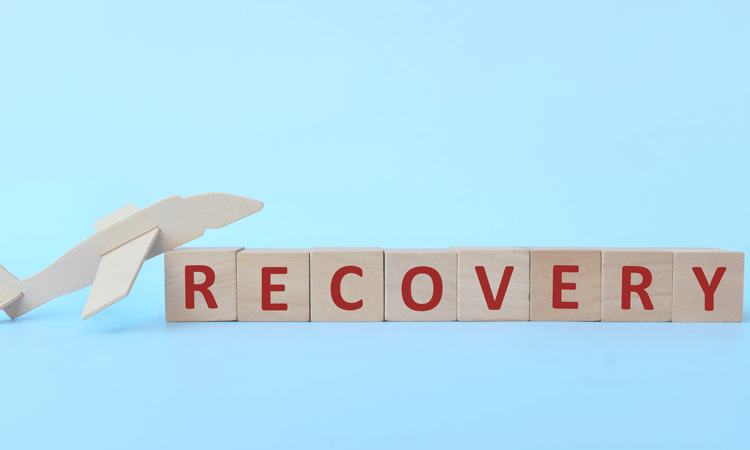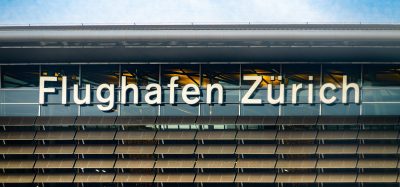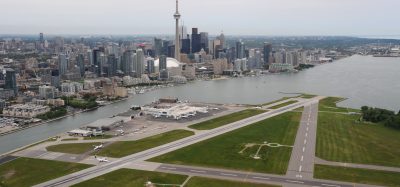Slow COVID-19 airport recovery plan to delay results for Scotland
- Like
- Digg
- Del
- Tumblr
- VKontakte
- Buffer
- Love This
- Odnoklassniki
- Meneame
- Blogger
- Amazon
- Yahoo Mail
- Gmail
- AOL
- Newsvine
- HackerNews
- Evernote
- MySpace
- Mail.ru
- Viadeo
- Line
- Comments
- Yummly
- SMS
- Viber
- Telegram
- Subscribe
- Skype
- Facebook Messenger
- Kakao
- LiveJournal
- Yammer
- Edgar
- Fintel
- Mix
- Instapaper
- Copy Link
Posted: 22 March 2022 | International Airport Review | No comments yet
The Scottish Affairs Committee have warned that due to the slow COVID-19 airport recovery plan and uncertain travel restrictions, aviation recovery results are likely to be delayed until at least 2025.


The COVID-19 pandemic, which brought varying travel restrictions between the four nations, and a slow recovery plan for the airports sector, is likely to impact further progress and modernisation, the Scottish Affairs Committee has warned.
In its report, airports in Scotland, MPs acknowledge the importance of airports to rural communities across Scotland, which was brought into sharp focus during the pandemic. Airports were used to transport people to hospital and supply vital goods and medicines to those in hard-to-reach areas.
The pandemic severely impacted Scottish airports, with passenger numbers dropping by more than 75 per cent in Scotland in 2020. The Committee heard evidence that the recovery in terms of passenger numbers and the ability for Scotland to connect to other areas is unlikely to happen before 2025, and that varied restrictions across the UK made a challenging situation worse. At its current rate, the UK government’s strategic framework for aviation recovery, which is currently paused, is unlikely to speed up the sector’s recovery substantially. The Committee calls on the government to publish this as soon as possible.
The sector’s slow recovery is likely to impact future plans for airspace modernisation, as it relies on the sector to fund improvements. The programme has the potential to benefit the whole of the UK by making journey times quicker, quieter and helping to reduce carbon emissions from aviation. However, the Committee warns that the Airspace Modernisation Programme risks collapse unless it is properly funded, making the case for a swift recovery plan even more pertinent.
The COVID-19 pandemic and varying travel restrictions throughout the UK magnified the necessity for joined-up government thinking between the UK and Scottish governments. This extends to the issue of air passenger duty, which although devolved, is dependent on cross-government working to resolve legal issues around an exemption for the Highlands and Islands. The Committee urges the governments to come together to explore this issue, which will then allow the introduction of the air departure tax.
Scottish Affairs Committee Chair, Pete Wishart MP commented: “The COVID-19 pandemic was a turbulent time for the airports sector across Scotland. Lockdowns and travel restrictions hit the sector incredibly hard, and the pausing of a recovery plan by the UK government is prolonging the pain and uncertainty.
“Airports across Scotland offer a lifeline to many rural communities across the country. During the pandemic, airports had to stay open so essential workers can carry on with their important work, and that medicines and goods could get to those who needed them.
“However, we heard in evidence that it would have been cheaper to completely close airports than survive with the trickle of passengers they saw come and go. Now the UK government must publish its recovery plans for the sector: the uncertainty is continuing to be deeply damaging and delay any progress to make the sector fit for the 21st century.”
The Committee’s recommendations are:
We recommend that the UK government’s strategic framework for aviation recovery should include:
- How airports in Scotland can increase their passenger numbers and grow their businesses whilst meeting net zero targets and using greener methods of operating
- How airports in Scotland can continue to deliver current connectivity and recover any routes that have been lost throughout the pandemic
- What the context is in which he UK government would step in with funding for Stage 3 of the Airspace Modernisation Programme
- We recommend that the interministerial group on transport produce a report within the next six months outlining the steps they will take to improve communications between devolved nations around the timings of travel restrictions. It should investigate how to develop new communication processes that respect devolved competencies and explore where joined up working can take place. The interministerial group on transport should also review the effects of the timings of travel restrictions over the pandemic have affected airports
- We recommend that the UK government investigate how money raised from Air Passenger Duty could be used for environmental purposes and report the results of this investigation to the House by the end of 2022.
Related topics
Air traffic control/management (ATC/ATM), Airport development, Airside operations, COVID-19, Emissions, Passenger experience and seamless travel, Passenger volumes, Sustainability, Sustainable development, Terminal operations


















